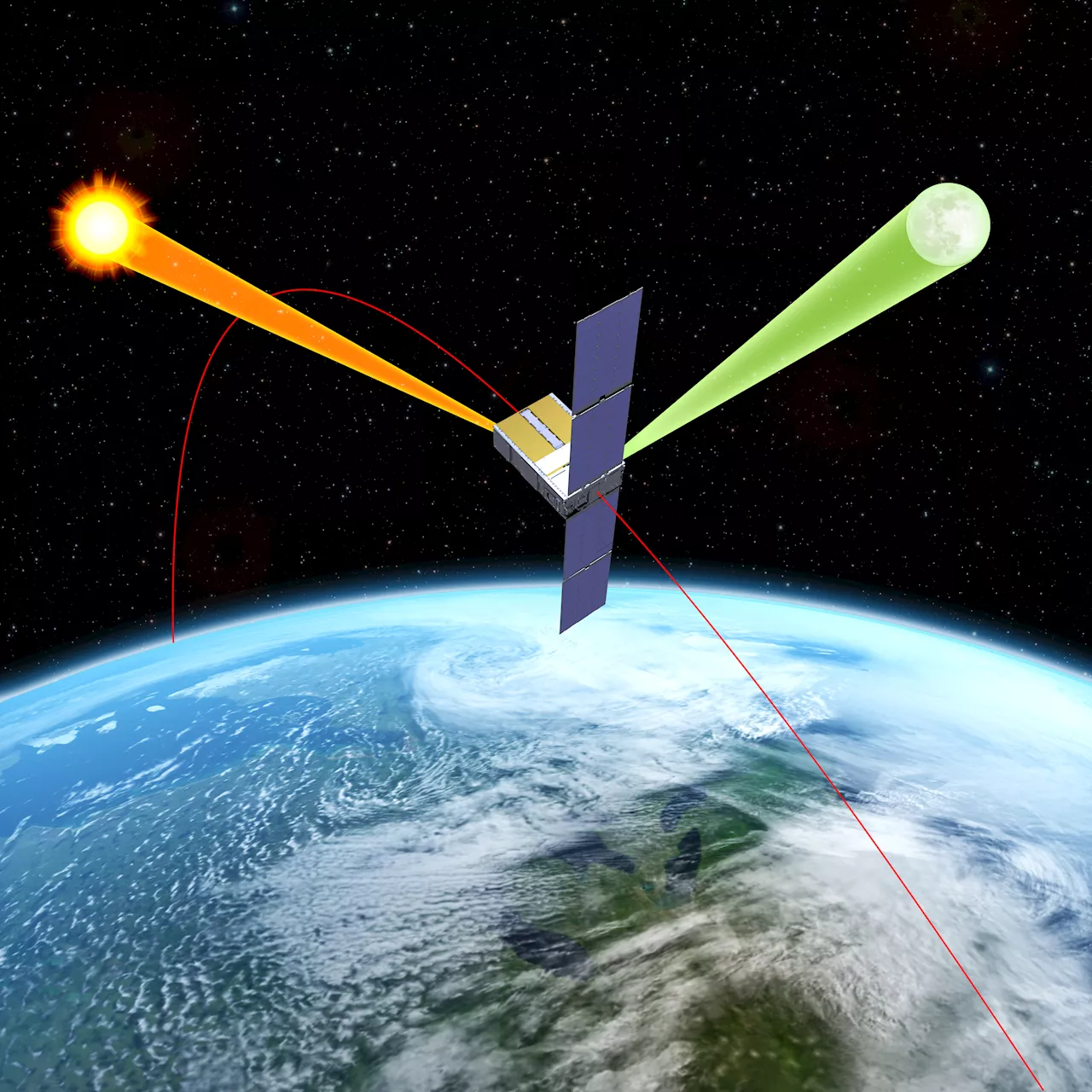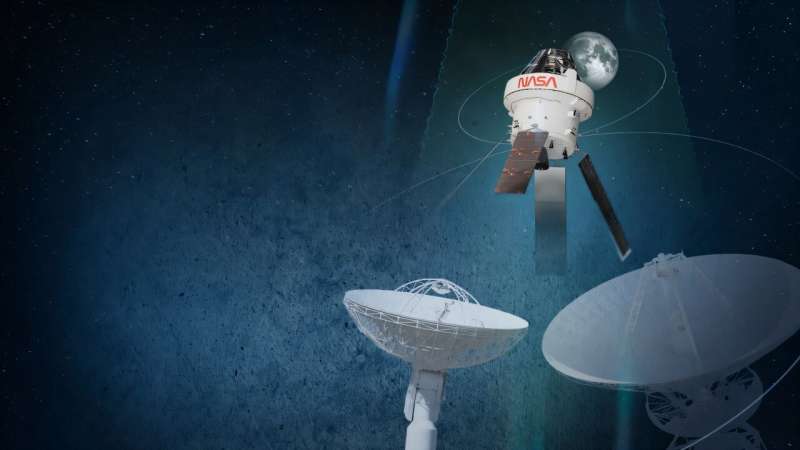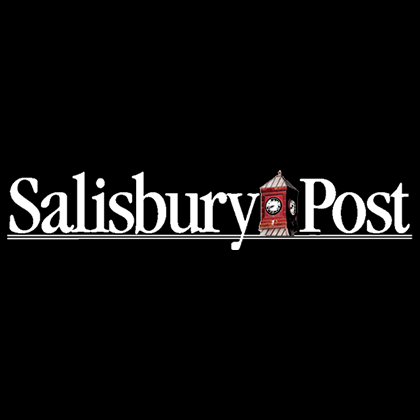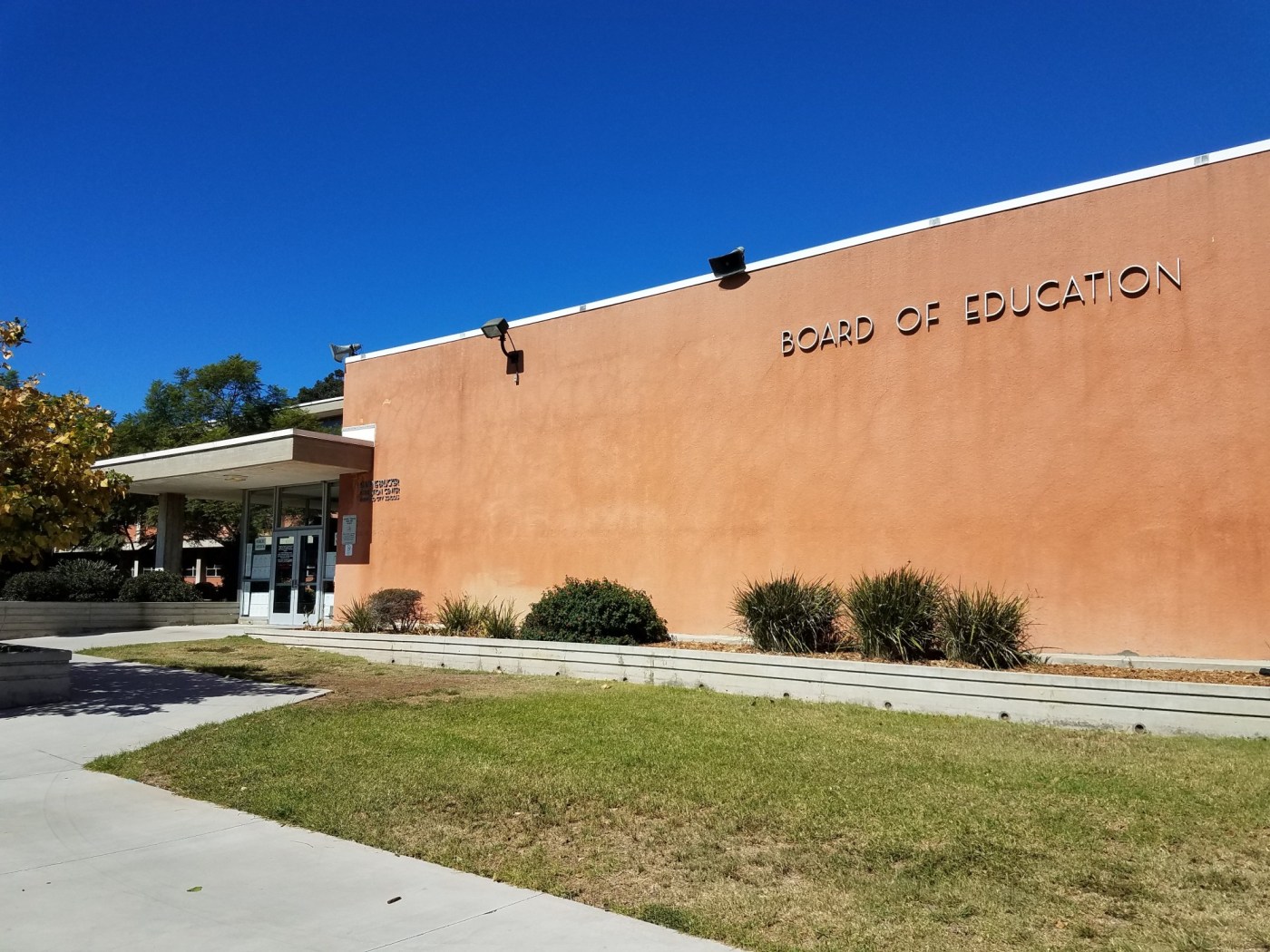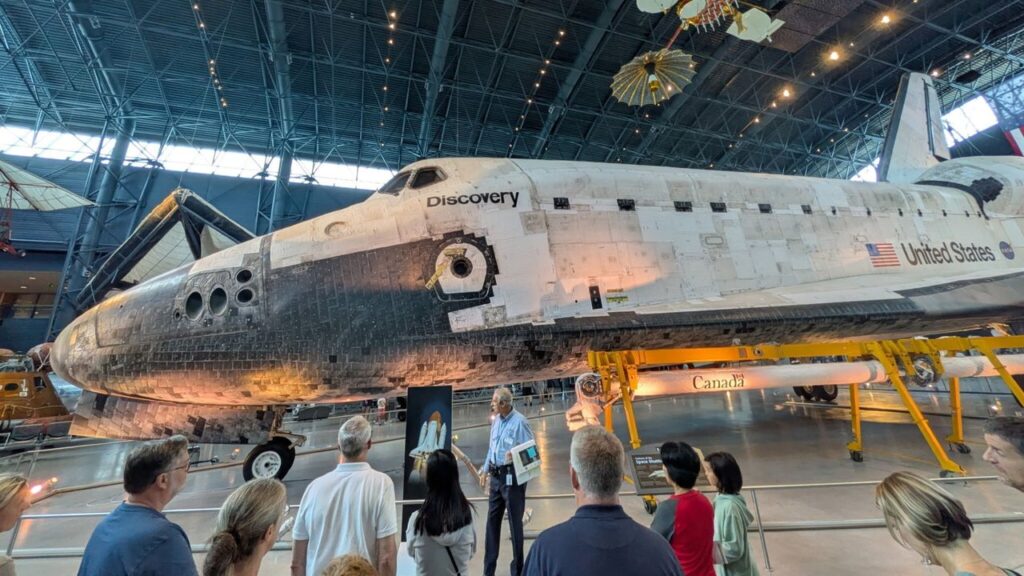
The debate over the future of the space shuttle Discovery is intensifying, as plans emerge for its potential relocation from the Smithsonian Institution in Virginia to Houston, Texas. This move, prompted by political maneuvers involving U.S. Senators John Cornyn and Ted Cruz, could require Discovery to be partially disassembled, posing a significant risk to its historical integrity.
Recent correspondence between NASA, Congress, and the Smithsonian reveals both progress and hurdles in this contentious issue. According to a letter sent to congressional committees, museum officials have indicated that the shuttle’s relocation may necessitate significant disassembly, which could “destroy its historical value.” The letter highlights that the shuttle’s journey to Houston could incur costs ranging from $120 million to $150 million, exceeding the $85 million allocated in recent legislation.
This push for relocation began with a failed state-level initiative by Senators Cornyn and Cruz, who advocated for the shuttle’s return to Texas, home to NASA’s Johnson Space Center. Their efforts culminated in the inclusion of provisions from the “Bring the Shuttle Home Act” in a broader bill signed into law on July 4, 2023.
The Smithsonian has confirmed that both it and NASA have been instructed by the Office of Management and Budget (OMB) to prepare for the shuttle’s transfer within the 18-month timeframe specified in the reconciliation bill. However, the necessity of disassembly has raised alarms among preservation advocates. Joe Stief, an organizer for KeepTheShuttle.org, a group dedicated to preventing the shuttle’s relocation, emphasized that disassembling Discovery could cause catastrophic structural damage.
According to Stief, breaking down the shuttle into its major components—such as the wings, payload bay, and cockpit—would involve removing hundreds or even thousands of thermal tiles. He stated, “They specifically preserved Discovery to keep all that intact, so that future researchers and engineers could study and learn from the shuttle.”
Stief’s organization has garnered over 3,500 signatures in support of keeping Discovery at the Smithsonian. They are actively engaging other lawmakers on Capitol Hill to raise awareness about the potential consequences of relocation. In a letter dated September 23, Senators Mark Kelly, Mark Warner, Tim Kaine, and Richard Durbin urged the Committee on Appropriations to block the transfer, arguing that removing an artifact from the National Collection would set a concerning precedent.
In response, Senators Cornyn and Cruz accused the Smithsonian of conducting a “frivolous misinformation campaign” and raised doubts about the museum’s cost estimates, asserting that they were significantly higher than those from private-sector logistics firms. The Smithsonian maintains that it has full ownership of Discovery, having received all rights and titles from NASA in 2012. This ownership status has led to questions about the legality of the government-ordered relocation.
The ongoing dispute highlights the complex relationship between the Smithsonian, which operates as a public trust created by Congress, and federal agencies. The institution’s independence allows it to manage artifacts without direct federal oversight, yet recent correspondence hints at a potential clash over the federal government’s authority.
The Smithsonian has expressed concern over the implications of removing an object from its national collection, warning that such a decision could lead to “damage to the most intact orbiter from the space shuttle program.” Legal experts suggest that the outcome of this debate could redefine how federal law interacts with artifacts maintained by the Smithsonian.
As Congress navigates a partial government shutdown, the fate of Discovery remains uncertain. The ongoing negotiations over the fiscal year 2026 appropriations bill include conflicting provisions that could either halt or enforce the shuttle’s relocation once funding resumes.
Stief concluded, “Even if you had an unlimited budget, this wouldn’t be the right thing to do.” The debate over Discovery’s future reflects broader questions about the preservation of cultural heritage and the complex interplay of politics, history, and public trust in the stewardship of significant national artifacts.
